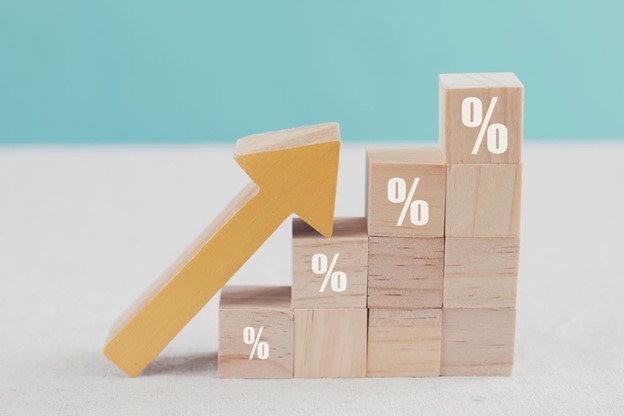In the recent months, inflation has been a major topic in the news, with rising prices creating additional financial strain for Americans. You’re not alone if you’re worried about the effects of inflation on your finances.
If you’re concerned that inflation could affect your good credit score, there’s good news – inflation does not directly affect your credit score. You can, however, indirectly be affected by inflation.
WHAT IS INFLATION?
The rate at which prices rise over time is called inflation. The federal government tracks inflation using the consumer price index (CPI), which monitors the cost of consumer goods and services with separate measures for food and energy costs.
According to CNBC, inflation has risen 6.2% between October last year and October this year, the highest rate seen since 1990. Consumers are suffering due to this dramatic increase in prices.
HOW DOES INFLATION DIRECTLY AFFECT YOUR CREDIT?
Fortunately, the dollar’s purchasing power and the price of goods and services do not directly affect your credit score. The major factors that impact your credit score include:
- Payment history: When you have a history of timely payments, your credit score will increase, but missed or late payments can hurt it
- Credit utilization: Maintaining low balances on your revolving credit accounts, such as credit cards, can boost your credit score. Too high a balance can affect your credit score negatively.
- Length of credit history: Credit scores typically increase as your credit history lengthens, if you don’t have any late payments or other negative items on your credit report.
- Credit mix: Installment debt and revolving credit, such as credit cards and auto loans, can improve your credit rating.
- New credit: A lot of hard credit inquiries or a lot of new credit accounts can result in a short-term drop in your credit score.
HOW INFLATION INDIRECTLY AFFECTS YOUR CREDIT
Inflation doesn’t directly affect your credit score, but it can indirectly affect it in a few ways.
- Increased debt: Your credit card balances may rise if higher prices are causing you to take on more debt to meet your expenses. As a result, your credit utilization rises, which can lower your credit score.
- Missed payments: If rising debt and high prices are causing you to miss payments, such as having to choose between paying your high energy bill and your high credit card bill, the missed payment can damage your credit score.
HOW TO PROTECT YOUR CREDIT FROM INFLATION
The best way to protect your credit from inflation is to avoid taking on too much debt and to make sure you pay all your bills on time. To protect your finances and credit, you need to adjust your budget and create a financial plan if high prices make it more difficult to manage debt and bills.
Is your personal information on the dark web? Make sure your identity isn’t at risk!

